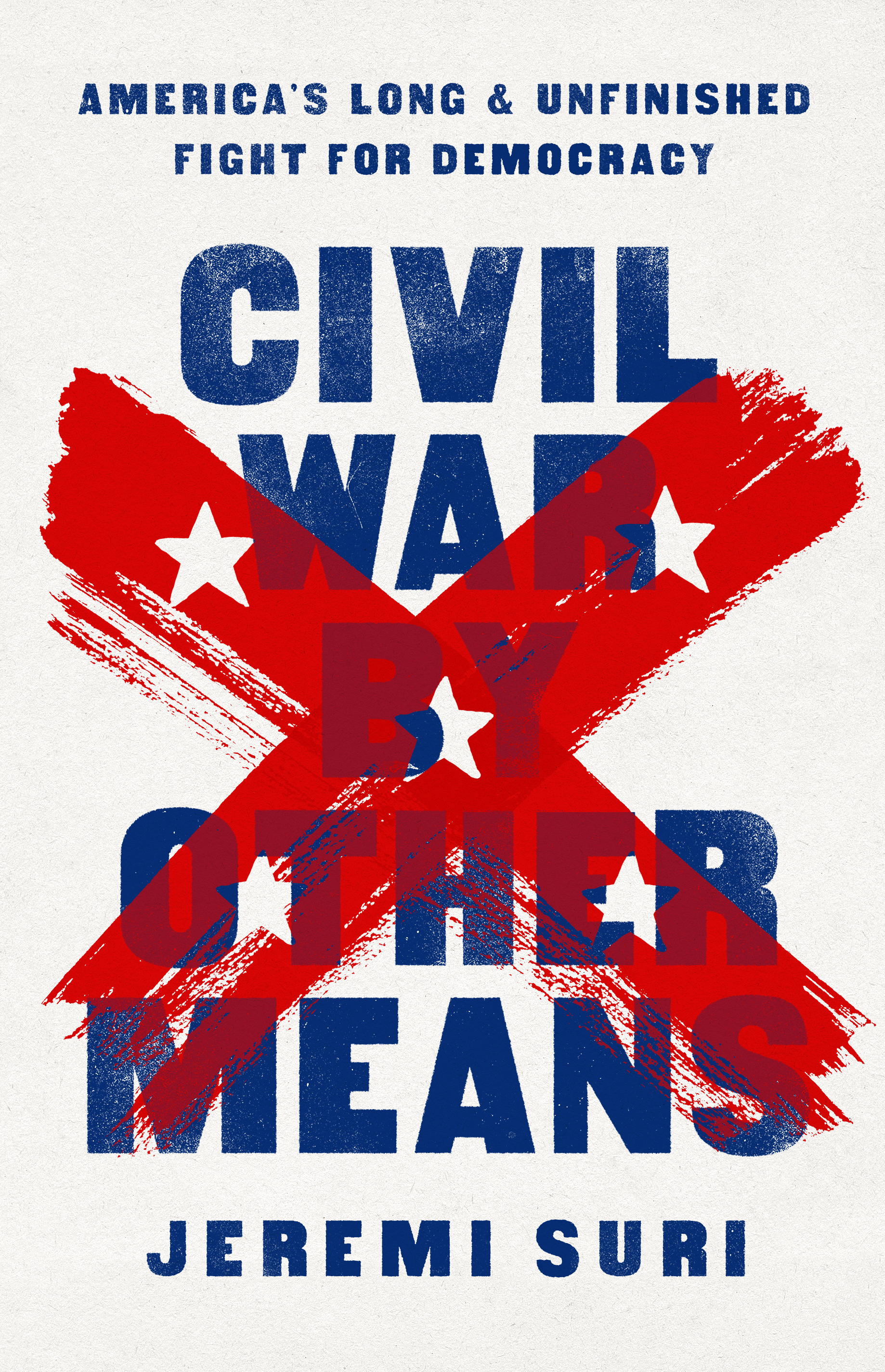As a history of Reconstruction, Civil War by Other Means is a brisk, engaging, and often penetrating read. Suri imposes a degree of continuity sure to give some historians pause — drawing a rather straight line between the Union Leagues and Black Lives Matter, between the Klan and QAnon, Ben “Pitchfork” Tillman and Donald Trump, white hoods and red hats. Yet the book’s premise, that “the Civil War never fully ended” and that its pronounced divisions related to race and anti-statism have been festering in US politics since Reconstruction, is unquestionable. Although his frequent use of Trump-era media language — “disinformation,” “white privilege,” “treason,” and “insurrection” — seems like an appeal to the incrementalist MSNBC crowd, Suri makes bold constitutional proposals and shows an uncommon commitment to representative government, multiracial political democracy, and majority rule, which he views as the solutions to the stubborn problem of white nationalism. In that regard, Civil War by Other Means is superior to other post-2016 studies of race in America that paint whiteness more as a timeless feature to be condemned morally and “worked through” by self-help-oriented individuals than a manifestation of social conditions to be overcome through mass politics.
But the book’s key shortcoming lies in its failure to address the full spectrum of Reconstruction-era democracy and to foreground the materialist nature of its social and political conflict. Suri hopes Americans will safeguard their democracy by digging up the roots to “remove the rot,” but his vision, which would no doubt remake US politics for the better, never transcends technocratic proceduralism. Skipping over the vital question of movement building, Suri is most concerned with what to do with power once achieved rather than how to achieve it. Accordingly, he views white nationalism as a cultural and political problem to be curbed through constitutional change rather than a question rooted in material relations to be solved through social transformation. In other words, Suri’s “democracy” is neither social democracy nor economic democracy. It is certainly not democratic socialism, with its emphasis on democratic participation beyond the political arena and a more equal distribution of resources through worker control.
Ultimately, Suri fails to answer a basic question: Is it even possible to possess and express equal political rights — to, in effect, “do” political democracy — in a profoundly materially unequal society devoid of economic rights? That question, too, is a legacy of Reconstruction, and part of our long and unfinished fight.
